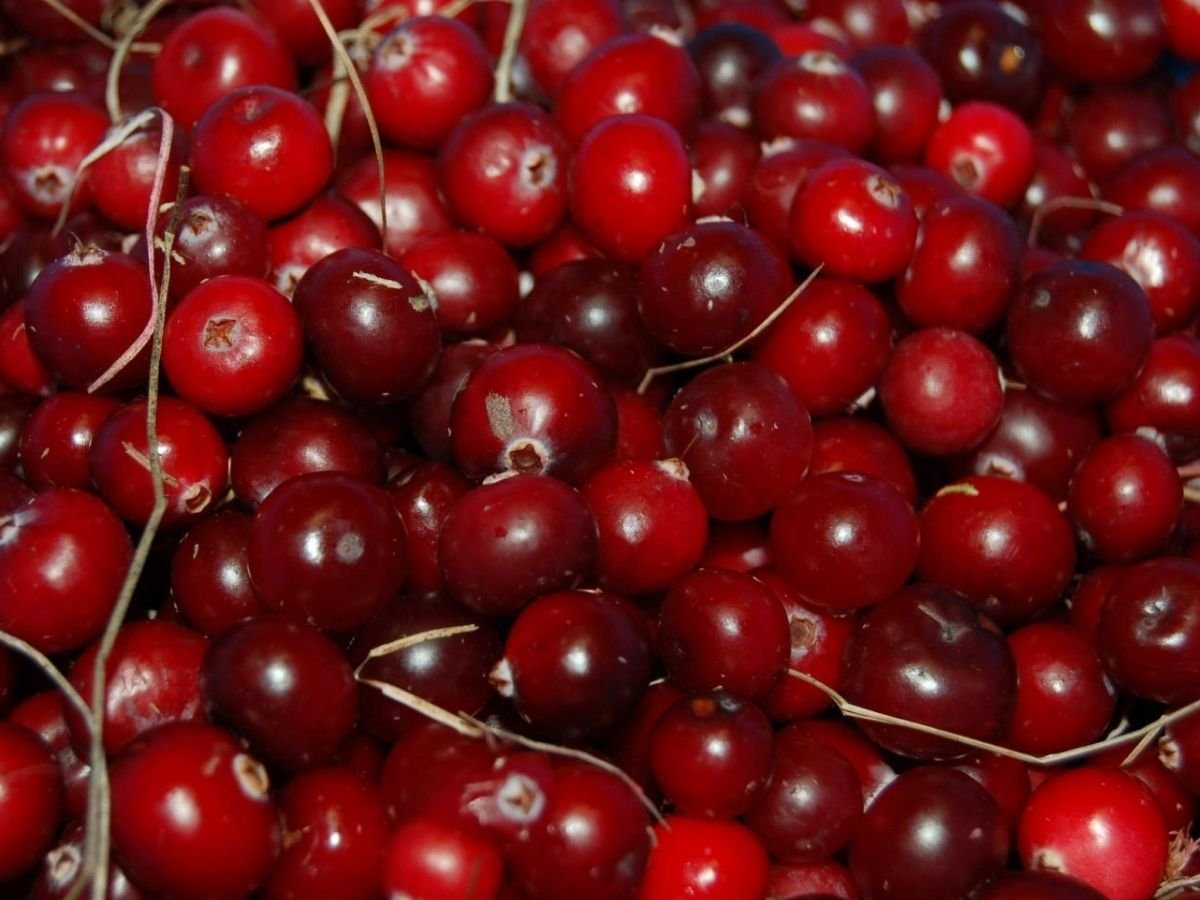London: According to new research that highlights the neuroprotective potential of cranberries, including cranberries in your diet, especially in middle age, could help improve memory and brain function, as well as lower ‘bad’ cholesterol.
The findings, published in Frontiers in Nutrition, revealed that eating cranberries significantly improved the participants’ – 50 to 80-year-olds – memory of everyday events (visual episodic memory), neural functioning, and blood delivery to the brain (brain perfusion).
Furthermore, the participants had a significant decrease in LDL or “bad” cholesterol levels, which are known to contribute to atherosclerosis, which is the thickening or hardening of the arteries caused by a buildup of plaque in the inner lining of an artery.
According to the researchers at the University of East Anglia in the United Kingdom, this supports the idea that cranberries can improve vascular health and may contribute to improvements in brain perfusion and cognition. The study is one of the first to look at cranberries and their long-term effects on cognition and brain health in humans, according to the researchers.

The findings could help in the prevention of neurodegenerative diseases like dementia.”By 2050, dementia is expected to affect approximately 152 million people. Because there is no known cure, it is critical that we seek modifiable lifestyle interventions, such as diet, to reduce disease risk and burden “said varsity lead researcher Dr David Vauzour.
Previous research has linked higher dietary flavonoid intake to slower rates of cognitive decline and dementia. Furthermore, foods high in anthocyanins and proanthocyanidins, which give berries their red, blue, or purple colour, have been shown to improve cognition. Cranberries are high in these micronutrients and have been linked to anti-inflammatory and antioxidant properties. The researchers looked at how eating cranberries for 12 weeks affected brain function and cholesterol in 60 cognitively healthy people. Half of the participants consumed freeze-dried cranberry powder on a daily basis, which was equivalent to a cup or 100g of fresh cranberries. The other half was given a placebo.








































